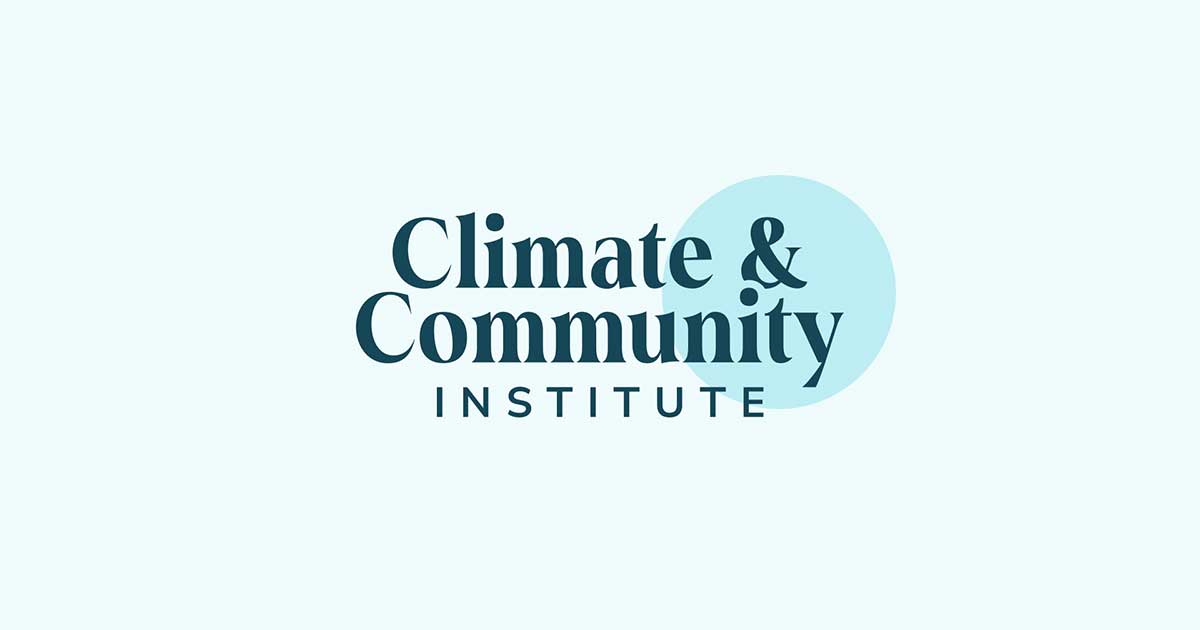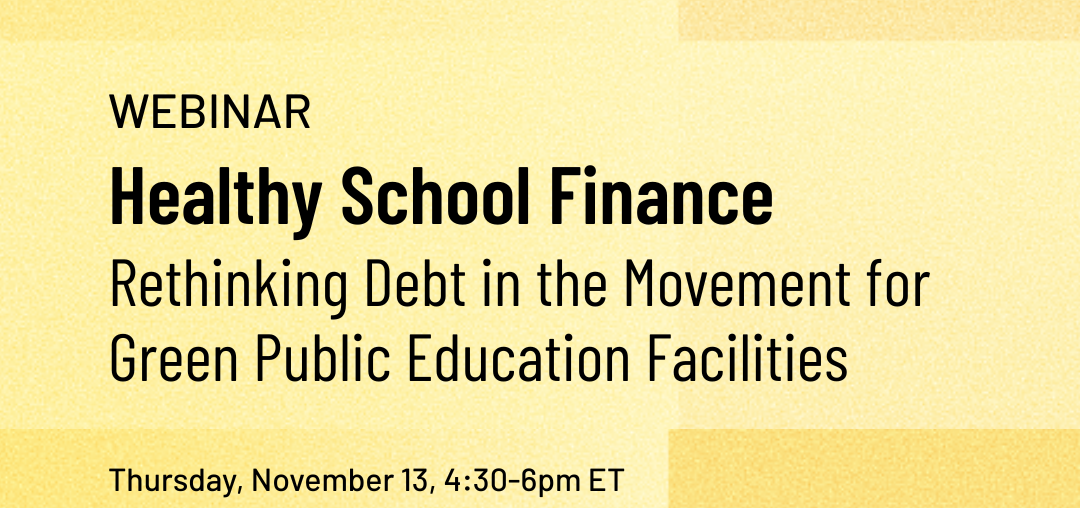The Case for City-led Housing Retrofits in New York City

The Climate and Community Institute (CCI) is a progressive climate and economy think tank. We work with movements and progressive policy makers to pass new policy, improve implementation, shift narratives, and deepen coalitions.
Our research builds the public imagination for the world that transformative climate policy could make possible.
Read our researchOur staff and network of over 60 academics and experts produce cutting-edge research on the intersections of climate, economy, and everyday life. We help progressive movements design and win a transformative agenda to rapidly decarbonize the economy, protect communities from climate disasters, and materially benefit working people. To win on climate long-term, we fight for climate policy you can touch.
Learn more







